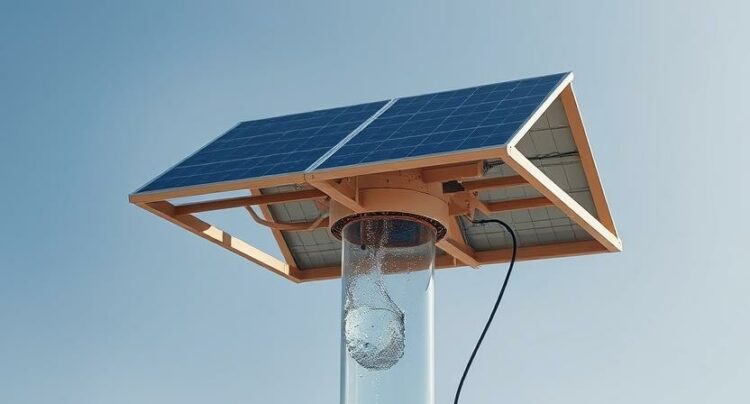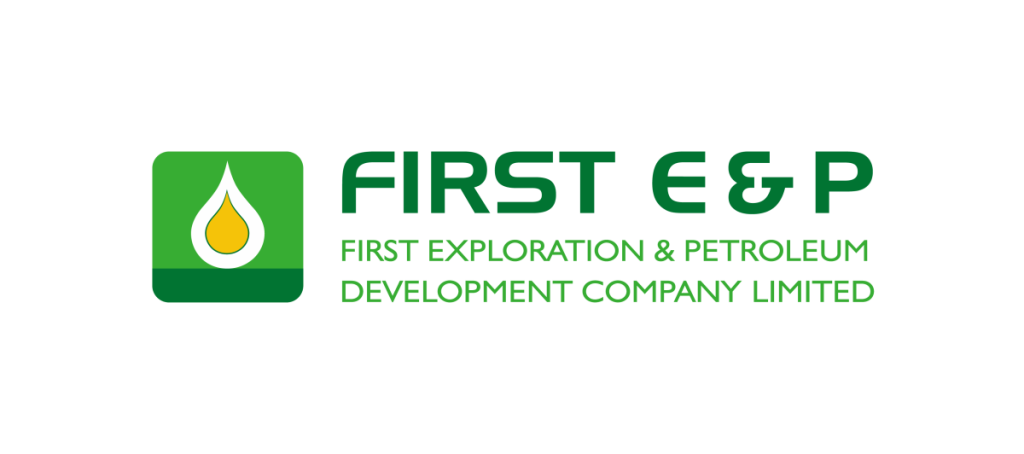ExxonMobil has announced greenhouse gas reduction measures that are expected to lead to significant improvements in emissions performance by 2020, including a 15 percent decrease in methane emissions and a 25 percent reduction in flaring. The company also announced its intention to improve its industry-leading energy efficiency in refining and chemical manufacturing facilities.
ExxonMobil invests in lower-emission energy solutions such as cogeneration, flare reduction, energy efficiency, biofuels, carbon capture and storage and other technologies. ExxonMobil has spent more than $9 billion on lower-emission energy solutions since 2000.
“We have a longstanding commitment to improve efficiency and mitigate greenhouse gas emissions,” said Darren W. Woods, chairman and chief executive officer. “Today’s announcement builds on that commitment and will help further drive improvements in our business.”
ExxonMobil is undertaking a number of initiatives to significantly reduce methane emissions. XTO Energy’s leak-detection-and-repair efforts and operational improvements at U.S. production and midstream sites have reduced estimated methane emissions across ExxonMobil operations by 2 percent in the past year. Combined with additional measures outside the U.S. focused on the most significant sources of methane, ExxonMobil expects to achieve a 15 percent reduction of methane emissions by 2020 compared with 2016.
ExxonMobil is one of eight global energy companies that supports guiding principles on methane reduction. The principles focus on continually reducing methane emissions, advancing strong performance across gas value chains, improving accuracy of methane emissions data and advocating sound policies and regulations on methane emissions. ExxonMobil is a founding member of the API’s Environmental Partnership, which is focused initially on reducing methane and volatile organic compound emissions.
Efforts associated with oil and gas production and processing are expected to lower natural gas flaring across ExxonMobil operations by about 25 percent by 2020 compared with 2016. The most significant reductions are expected to occur in operations in West Africa and include use of third-party infrastructure.
ExxonMobil is a charter member of the Global Gas Flaring Reduction Public-Private Partnership, which is committed to developing commercial opportunities to reduce flaring. The partnership is comprised of oil-producing countries, international and state-owned oil companies and the World Bank.
Further greenhouse-gas emissions reduction efforts will target ExxonMobil’s global refining and chemicals manufacturing network with the goal of improving existing industry-leading energy efficiency performance.
ExxonMobil is the most energy efficient refining company in the U.S. and internationally. The company has achieved a 10 percent improvement in energy efficiency across its global refining operations following an effort launched in 2000. ExxonMobil refining operations ranked in the first quartile for energy efficiency in every Solomon Refining Industry Survey over the past decade. Advanced efficiency technologies and techniques have helped ExxonMobil’s chemical business reduce its net greenhouse gas emissions intensity by nearly 7 percent since 2013.
ExxonMobil remains committed to mitigating emissions from its operations and helping consumers reduce their emissions, including through efficient fuels, lubricants and lightweight plastics.
ExxonMobil continues to support research that leads to technology breakthroughs and participates in constructive dialogue on policy options.








